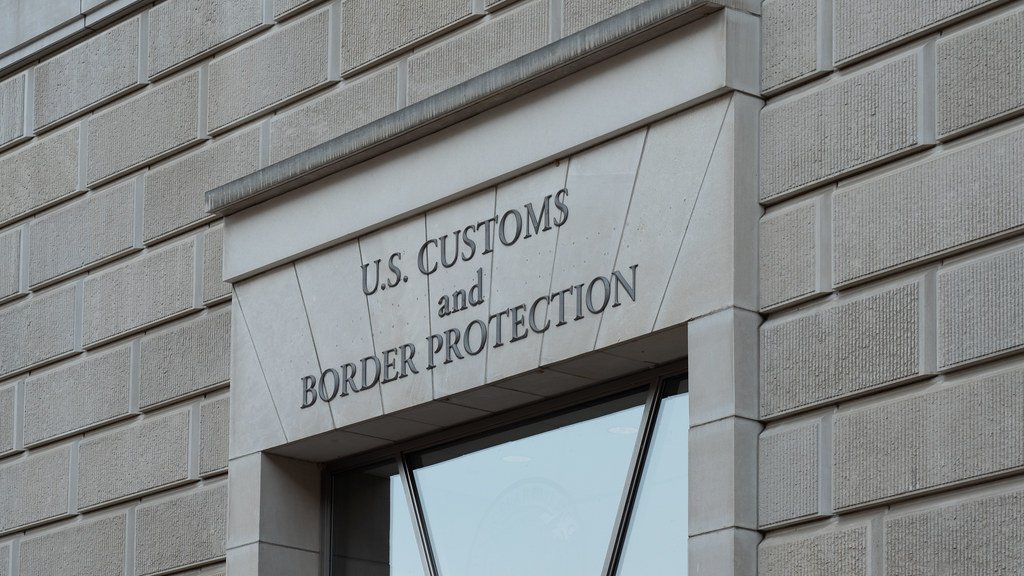
(Source : Wired) The FBI is warning law-enforcement agencies across the country that criminals posing as immigration officers are carrying out violent crimes and exploiting public confusion over federal immigration enforcement. In a bulletin issued last month, the bureau urged agencies to ensure that officers clearly identify themselves and to cooperate when civilians request verification—such as by calling a local police department.
According to the FBI, at least five incidents in 2025 involved individuals posing as ICE agents to commit crimes including robberies, kidnappings, and sexual assaults. In one case, three men wearing black vests stormed a New York restaurant in August, restrained workers, and robbed an ATM while claiming to be federal officers. Other cases cited in Florida, North Carolina, and New York involved attempted rape, extortion, and abduction.
The Wired writes that criminals are taking advantage of ICE’s heightened visibility and the widespread use of masked or militarized officers—tactics that advocates say have eroded public trust and made it harder for people to distinguish legitimate officers from imposters. Officers operating in masks or unmarked gear have drawn criticism for blurring the line between standard law-enforcement activity and military-style raids.
ICE officials maintain that anyone who impersonates a federal agent will be prosecuted, while DHS leaders advocate for the use of masks as a protective measure for officers against violent threats. Critics contend that this practice breeds fear, confusion, and creates opportunities for criminals to exploit. “When masked federal agents conceal their identity, anyone can replicate that appearance without being questioned,” said Alycia Castillo of the Texas Civil Rights Project.
Concerns over impersonation have prompted state and local action. California recently enacted the “No Secret Police Act,” which restricts the use of face coverings by officers during arrests or warrant service. Seattle officials are considering a similar measure requiring visible identification and agency markings.
The risks associated with impersonation were once again brought to light in March in Fife, Washington, where officials dealt with an aspiring YouTuber accused of creating videos featuring a vehicle marked “S.U. Department of ICE Deliveries.” The individual subsequently faced a charge of criminal impersonation, with court records suggesting that the case would be dropped if he fulfills community service obligations and offers an apology.
Both federal and local authorities caution that impersonators are exploiting immigrant communities through scams that include false deportation threats, bogus visa programs, and deceptive legal services—operations that flourish in an environment of increasing distrust towards federal immigration enforcement.
Experts say that restoring public trust will require clearer identification protocols and increased accountability. As Jeramie Scott of the Electronic Privacy Information Center put it, “Federal officers must be prepared to prove who they are—and understand that public skepticism is both reasonable and necessary.”



